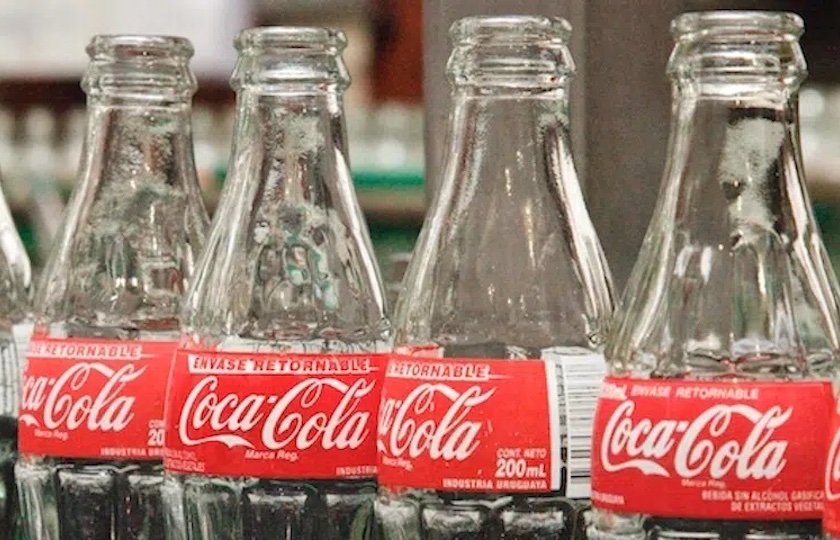Coca-Cola Europacific Partners (CCEP), one of Coca-Cola’s largest global bottlers, has partnered with the Peidong Yang Research Group of the University of California, Berkeley (UCB) to develop technology to convert captured CO2 into sugar.
As the winner of the Nasa CO2 Conversion Challenge, the Peidong Yang Research Group saw the possibility to transform carbon dioxide into sugar using electricity.
With the support of Coca-Cola, the researchers’ technology will be optimised to minimise the release of carbon dioxide.
“The purity is not [yet] ideal. Certainly, Coca-Cola wants purer glucose,” explained Peidong Yang, a campus chemistry professor who worked on the Coca-Cola CO2 project.
“Then, the yield and production rates are the two major bottlenecks we need to remove, and in the next few years we want to optimise both the selectivity and purity of a particular sugar and the production rates.”
The research team said that in the longer-term the technology may also make the conversion of CO2 into PET plastic more efficient by reducing the need for crude oil in the manufacturing process and significantly lowering costs.
Craig Twyford, the head of CCEP Ventures, said the beverage company wants to grow sustainably, “producing beverages that people love while helping to build a better future for our business, communities and the planet”.
“CCEP Ventures is helping us find solutions to industry challenges and provide funding to make these foundational technologies a reality. We’re excited to be involved in this project that could lead the industry in the development of transformational technology capable of converting CO2 into more complex, usable goods.”
Further reading: Scientists find new way to turn CO2 into solid matter.



